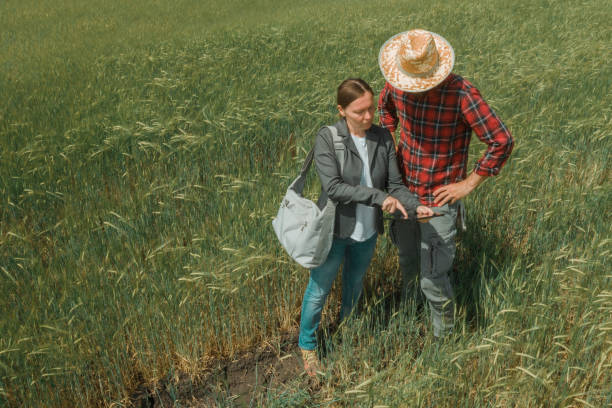The scope of farmers’ civil liability insurance
Important to define the scope of farmers’ civil liability insurance is the use by the legislator of the phrase “damage related to owning a farm”. Insurance – obviously – does not, therefore, cover the entire civil liability of farmers, i.e. for everything. which means that the insurer will not be liable for damages related to another sphere of life activity of the insured person, in this case, the farmer, e.g. for damages related to running another business activity by the farmer. Sometimes the distinction between when a farmer’s activity will be covered by third-party liability insurance and when it may not raises many interpretational doubts, therefore determining whether a given event falls within the scope of farmers’ civil liability insurance will sometimes require an analysis of a given case, in which the assistance of an attorney may be necessary.
What, for example, if a farmer helps his neighbor with work related to his neighbor’s farm and the farmer who comes to help causes some damage? The damage will be covered by civil liability insurance? From which third party liability, the helping farmer or third party liability insurance? Is there a liability under the farmers’ civil liability insurance contract for damage caused by a farmer who helps on another farm? On the one hand, it should be considered whether the liability exists from the civil liability insurance of the farmer providing the aid. Rather not, because the scope of farmers’ civil liability insurance covers losses related to the possession of a farm by the insured person. In the abovementioned case, however, the aid concerns another farm. The damage is therefore not related to the farm owned by the insured person. On the other hand, if the aid provided by a given farmer is a form of settlement for mutual aid received by that farmer, it can be assumed that it is related to running a farm and, consequently, the damage will be covered by farmers’ civil liability insurance. However, this case may raise serious doubts in practice, and ultimately the lawyer may help to resolve them.
Is the farmer’s liability for harm caused by a tort/delict based on the principle of fault or the principle of risk?
What does it matter? In the case of liability based on the principle of fault, in addition to the occurrence of the damage and the existence of a causal link between the event and the damage, it is necessary to establish that the farmer is at fault. In the case of the risk principle, liability exists regardless of the perpetrator’s fault. In practice, strict liability is therefore much more restrictive than a fault-based liability. In a very generalized way, it should be assumed that if a given damage results from the operation of a device operated using steam, gas, electricity, or liquid fuels, the liability will arise based on risk. If, on the other hand, the damage is not caused by the operation of such devices, the farmer’s liability will be based on the principle of fault.
Damage caused by the use of agricultural machinery
What about the damage caused by the use of agricultural machinery? The most difficult interpretation is probably caused by the situation where the owner of a given vehicle is a farmer who owns a farm but uses a given vehicle without any connection with owning his farm. It happens that a farmer does not use a given vehicle for work on his farm, but for example provides help from the neighborhood. Such use of the vehicle means that it is not used in connection with the farm owner of that particular farmer. This means that when a farmer leaves his farm, e.g. with a combine harvester, to mow someone else’s field, he should have third-party liability insurance for motor vehicle owners. Doubts may also arise in an accident when the services provided by a farmer using such a vehicle are provided in exchange for another benefit obtained by that farmer about his farm ownership (e.g. the farmer receives straw in exchange for carrying out some work with his combine). It can be assumed that in such a situation, the use of the vehicle is functionally related to the farmer’s possession. In such a case, liability for damage caused in connection with the use of such a vehicle should be covered under the farmer’s civil liability insurance. that in such a situation the use of the vehicle is functionally related to the farmer’s possession. In such a case, liability for damage caused in connection with the use of such a vehicle should be covered under the farmer’s civil liability insurance. that in such a situation the use of the vehicle is functionally related to the farmer’s possession. In such a case, liability for damage caused in connection with the use of such a vehicle should be covered under the farmer’s civil liability insurance.
As you can see, there are doubts as to what damage may be covered by the farmer’s civil liability insurance and which cannot raise many interpretative doubts. Nevertheless, the new wording of Art. 50 of the Act on the Insurance Guarantee Fund, which uses the phrase “in connection with the farmer’s holding”, instead of the previous “in connection with running a farm”, indicates a much broader approach to the scope of liability under the farmers’ civil liability insurance. As it follows, it may turn out that any damage can be covered by the farmer’s civil liability insurance, and not directly from his pocket, so it is worth consulting the reported claims with an attorney in each case.





